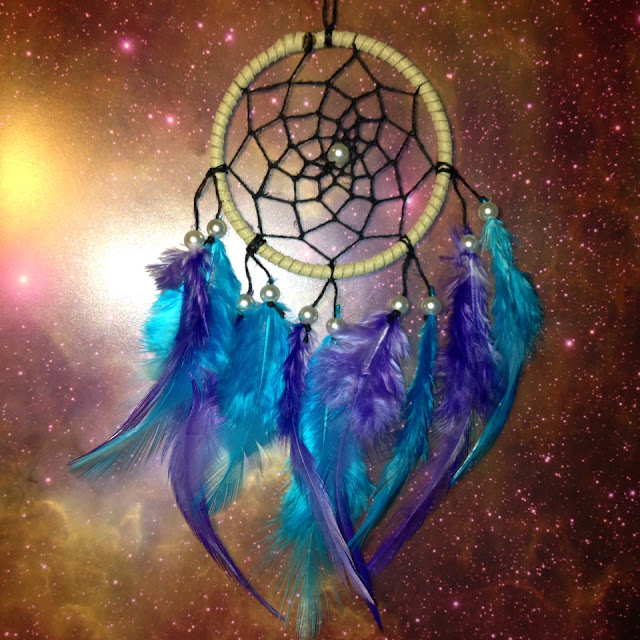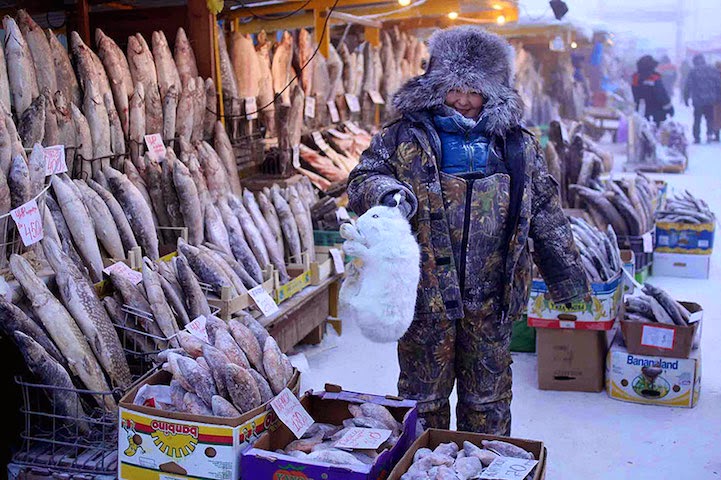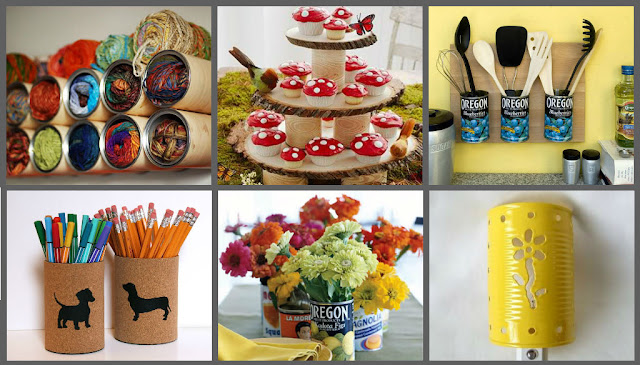Interesting facts you should know about Dream catchers
Dream catchers are a
tradition of native America. The whole intension of this tradition
was to protect a sleeping individual from negative dreams and letting
positive dreams through.
Dream catchers are made
by artisans and craftsmen who make it look serene and eye catchy as
their feathers move and sway in the breeze. People hang them over
their beds believing that they catch good dreams and not let bad the
ones creep in. Below is a list of interesting facts about dream
catchers.
1. Dream catchers have
been in existence for more than a thousand years.
2. Traditional dream
catchers are circular in shape representing the sun, moon and earth;
nevertheless they appear in different sizes and shapes based on the
creativity of the maker.
3. Here is a collection
of different styles that can be incorporated for making a dreamcatcher.
a.
Traditional dream catchers: They are made of feathers and stones
along with animal or plant lacing.
b.
White dream catchers: Lately popular and a recent arrival made with
moist towelette, lace ribbons, strings and feathers.
c.
Tribe specific dream catcher: Primitively made by Chippewa tribe, it
soon spread to other reservations as well like Navajo, Saminole and
so on.
d.
Double dream catchers: It is built up using two rings that
personifies the bond between two people (husband-wife, parent-child
etc).
e.
Life cycle dream catcher: Multiple loops are assembled to signify the
generational responsibility to mother earth. Native Americans believe
that it is their responsibility to pass ecological knowledge to
future generations.
4. Dream catchers are to
enhance positive believes and thoughts. There is neither proof that
they work nor that they don’t.
5. Interestingly there
are more than three million people who search for information about
dream catchers.
6. The tribe that
invented this tradition is called Asabikeshiinh which means spider.
Dream catchers are lovely
things to own or to gift. They are also given as a good luck present
to young married ones. Even today these dream catchers are made with
the same love and affection as they were done by the Ojibwa and other
Native American people long ago.




Comments
Post a Comment